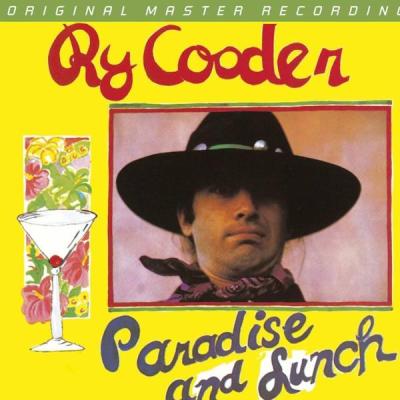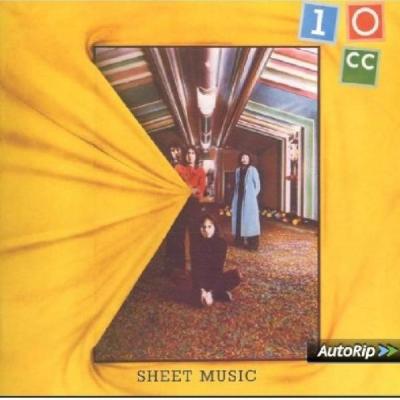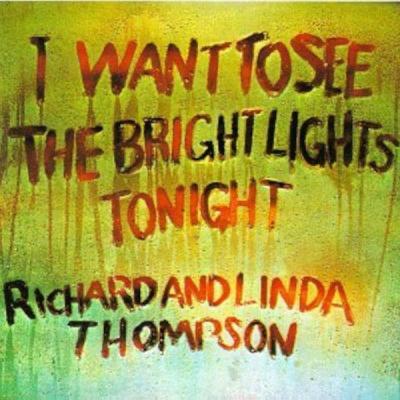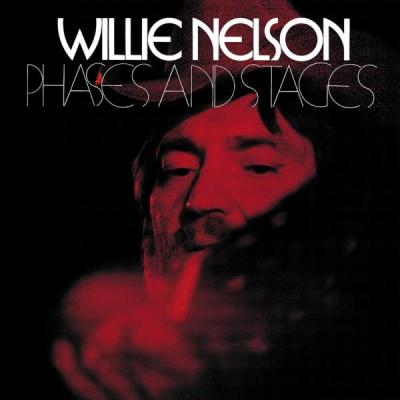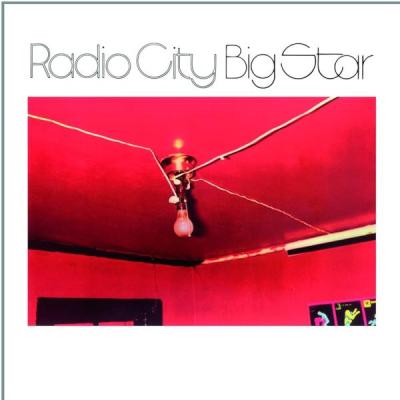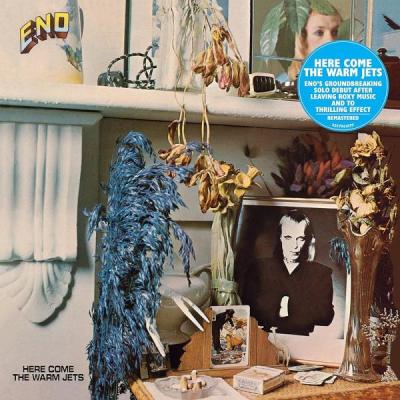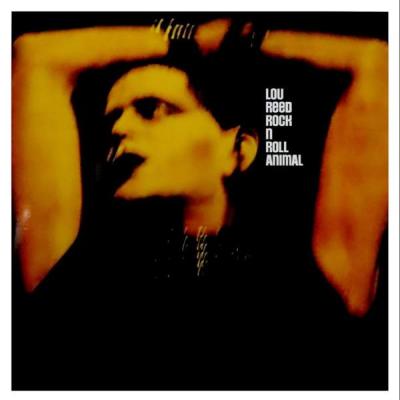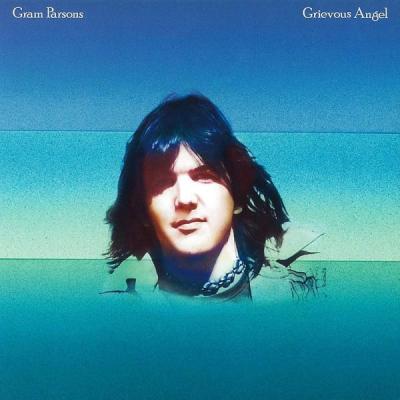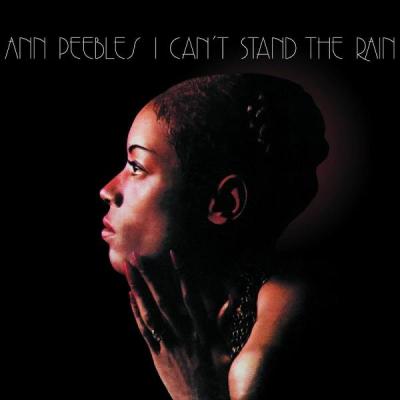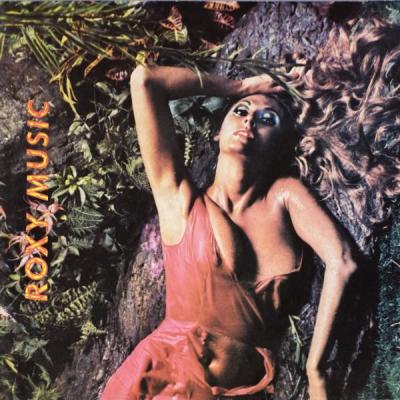

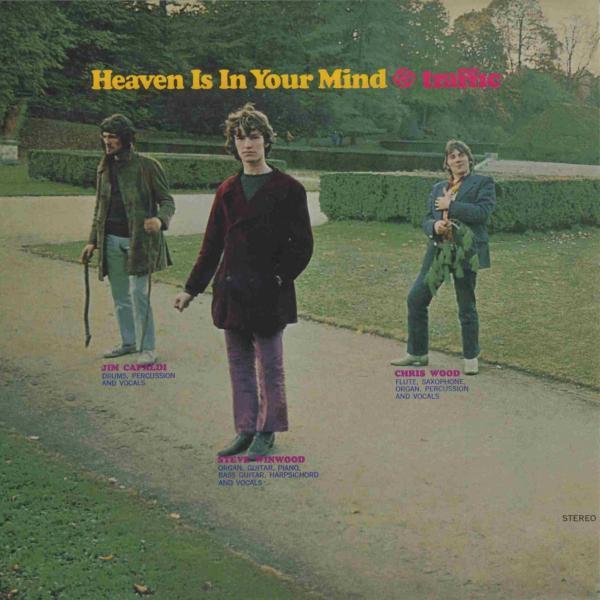
Traffic: Heaven is in Your Mind
Album #87 -December 1967
Episode date - September 23, 2015
For years I underrated the excellence of this album, and I can only muster a papier-mâché excuse.
As was common at the time, the American and British versions differed significantly from one another, but unlike the typical scenario, the American album actually improved on the British original. It contained twelve tracks to the British ten (a complete reversal of historical patterns there), and the added tracks were originally British singles, resulting in a much more satisfying product. I came late to Traffic and when I did, I first became familiar with the inferior British arrangement. For decades, I didn’t even know that the difference existed, so I presumed that Traffic’s first album was a spotty, overtly hippie-fied bore.
Oops. Now I feel the need to apologize for decades of ignorance, and I wonder why I even developed this prejudice in the first place. Generally speaking, I have a soft spot for psychedelic music, so why was I so harsh? In truth, I believe I was simply being dismissive because the details regarding the history of Traffic has always confused me. The debut album was entitled “Mr. Fantasy” in Europe, but changed to “Heaven Is in Your Mind” in America. It was soon reissued with the English title, but it retained a cover photo that showed only Steve Winwood, Jim Capaldi and Chris Wood because guitarist and songwriter Dave Mason left the band before the American album was printed. A re-release campaign in the late ‘70s deleted this version of the album entirely, opting for the British cover art and track layout (which explains how I later got duped). If that isn’t confusing enough, the band’s history continued to grow even more opaque.
Traffic came together with a typical hippie idealism of the times, with the intention of living communally while making music together (much like the Monkees, except for real). The pacifist image of a band cohabitating in the English countryside for the purpose of writing and recording as a unit seemed ideal, but reality intervened. As a band member, Mason came and went so often that it seemed like he might be fired before you flipped the record. It all seemed a bit contentious from the outside, which ran against the intended spirit of the project. A glance at the writing credits inadvertently tells much of the story, as Capaldi, Winwood and Wood generally shared songwriting, while Mason’s songs are his and his alone. Also, Mason wrote both of the songs omitted from the American album. He obviously stood apart from his bandmates and the rift ultimately came to head. Unfortunately, the remaining trio realized that they didn’t function well for live shows, so Mason was asked to return which lasted until the end of side two of their second record. Traffic would go on to become one of the better progenitors of rock/jazz (as opposed to jazz-rock) but the debut shows a band stretching for an experimental purity of expression that proved to be unattainable.
December 1967 - Billboard Charted #88
Related Shows




